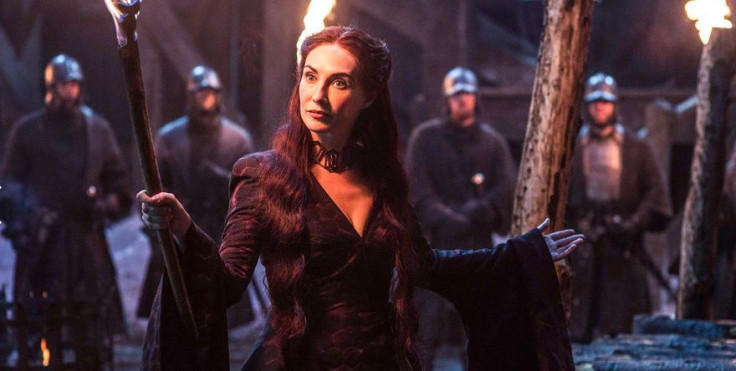Game of Thrones and the A Song of Ice and Fire books upon which it is based have a reputation for doing what’s out of the ordinary (spoilers for the first five books and seasons follow). Protagonists of a series never die in the first book, but Ned Stark died. Their noble sons, out on a quest for justice, never fail, but Robb Stark failed. Warrior-queens don’t lose their noble husbands who are destined to save them, but Drogo died, and so did Daenerys’s unborn son. Game of Thrones has always marched to beat of its own drum. And does that mean Jon Snow coming back to life in Game of Thrones season 6 is just… too obvious?
Game Of Thrones: Tropes Vs Truths
One of the main reasons that A Song of Ice and Fire became so popular in the late ‘90s and especially throughout the ‘00s was its realism. It didn’t strictly follow heroic myths; it wasn’t just a coming-of-age story. In an age when almost all fantasy still felt derivative of Lord of the Rings, Harry Potter, or itself (Wheel of Time rips off Wheel of Time all the time), Thrones was a new kind of story. It took risks and made big changes, instead of leaving the story stagnant to crawl on for books on end. By the time of the Red Wedding, the series’ reputation was firmly established.
Jon Snow is dead. That much we know. Most people think he’ll be resurrected in The Winds of Winter through some sort of strange magicks (i.e. by Melisandre). It’s become received wisdom at this point, and after all, Kit Harington is on set for Game of Thrones season 6. But that means Jon’s resurrection has become the most obvious option. Ned was too important to die too, and he died, and he stayed dead. Maybe Jon could too.
But that’s where we get to a fundamental misunderstanding: Game of Thrones does offer a more realistic version of a fantasy world, that’s true. But it doesn’t throw total shocks in our direction just for their own sake. It defies fantasy tropes of heroes always winning, but it doesn’t defy its own narrative. If you look back, both Ned’s death and Robb’s failure are easy to foresee… if you don’t assume typical fantasy novel conventions are in play. Joffrey was crazy and the Lannisters are always ruthless. Robb made huge mistakes and returned to the home of the one he wronged the most. Subsequent developments followed naturally. In Game of Thrones, heroes die from their mistakes. In other fantasy series, they get off mostly scot-free. But in both cases, the mistakes are there.
And that’s why Jon Snow coming back to life makes sense. All the pieces are in place for it. He won’t be resurrected because he’s too important to stay dead, but because we know he can warg into Ghost, and because Melisandre can do what Thoros of Myr did and bring the freshly dead back to life. These won’t come as shocks; they follow naturally from the story. George won’t change it just because everyone has figured things out already.
But don’t worry. A Dance With Dragons and Game of Thrones season 6 will have their share of shocks, spoilers, and violent deaths, I’m sure.













![[EG April 19] Best 'Stardew Valley' Mods That Will Change](https://d.player.one/en/full/226012/eg-april-19-best-stardew-valley-mods-that-will-change.png?w=380&h=275&f=955520b8313253ee3c39c791f6210f38)



